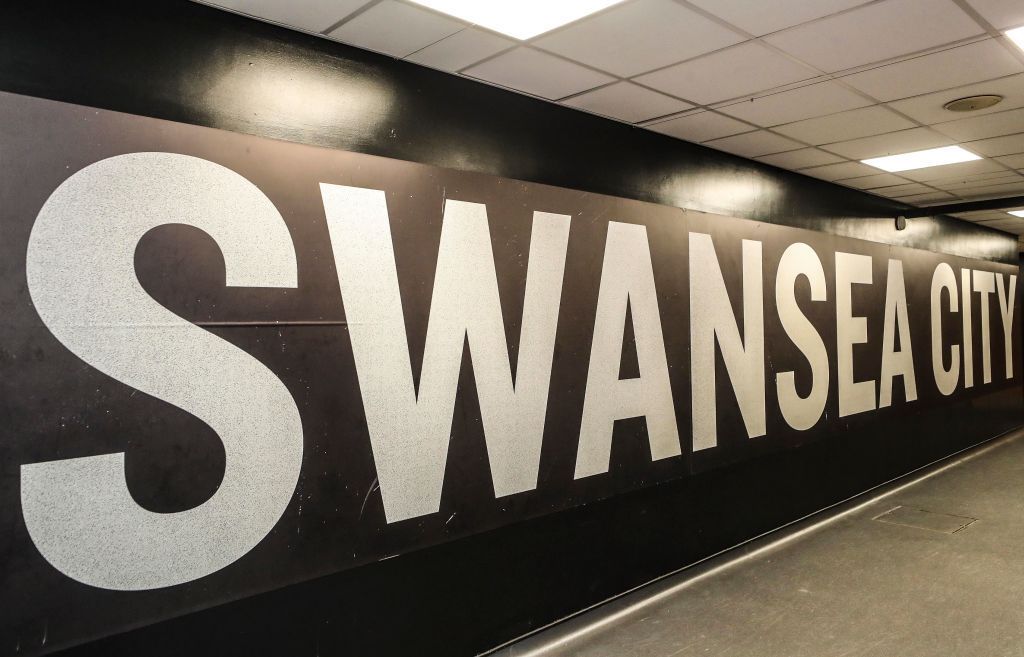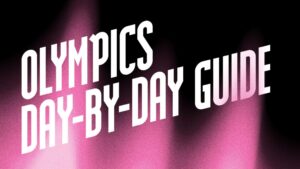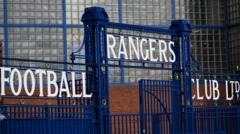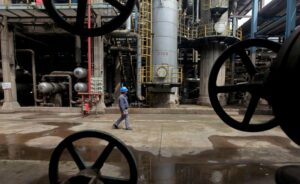Crushing injuries and cowboy hats – Zamora on rise of Swansea boss Williams
Their playing careers went in contrasting directions, but Bobby Zamora believes old mate Luke Williams is heading to the top as a coach with Swansea City.
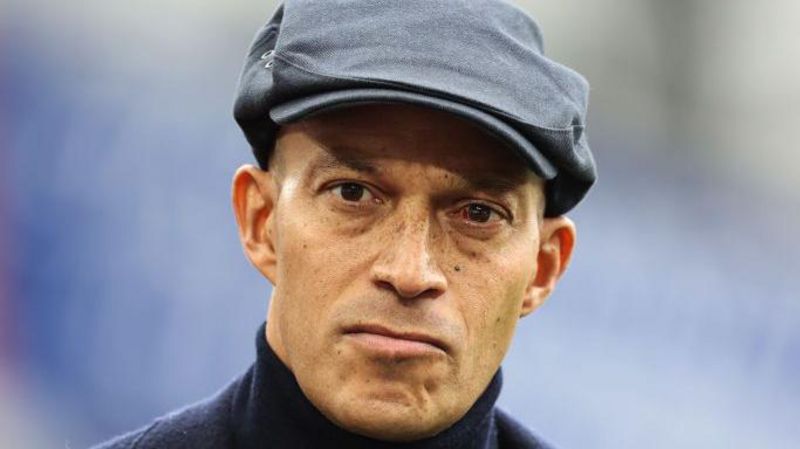
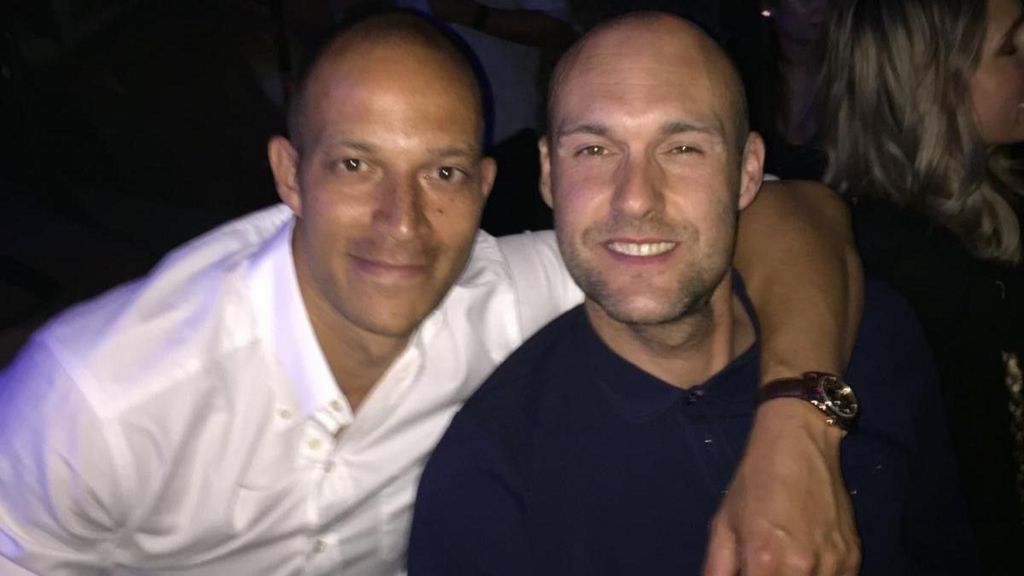
Bobby Zamora went all the way to the England team, while Luke Williams playing career ended without so much as one professional game.
Yet while their paths have been very different in the three decades since they met playing for Essex Under-13s, their friendship remains the same 30 years on.
Williams was there “to watch every big game” during Zamora’s stellar playing career.
Now Zamora is the one supporting from the sidelines as Williams the coach moves through the divisions.
And Zamora, the former Brighton and Hove Albion, Tottenham Hotspur, West Ham United, Fulham and Queens Park Rangers striker, is convinced his old mate is heading to the top.
“He was there all the way through the journey for me and I like to think I have been there for all of his journey as well,” Zamora told BBC Sport Wales.
“I watched him win the play-off final with Notts County at Wembley. That was fantastic.
“Now I am buzzing for him to be in the Championship and, while so much of football comes down to budgets, I think he will be successful. I can’t see it going any other way.”
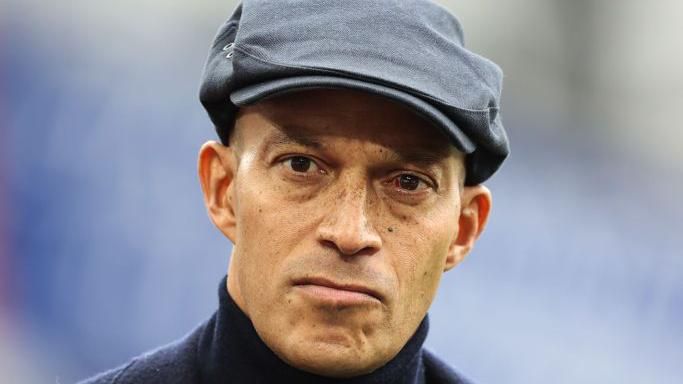
Zamora went to school at Barking Abbey, while Williams was educated about 10 miles up the road in Waltham Abbey.
Having played against each other at district level, they became team-mates in an Essex side which also featured the likes of former England and Chelsea defender John Terry, left-back Paul Konchesky, whose long career included spells at Charlton, Fulham, Liverpool and Leicester, as well two England caps, and ex-Norwich and Stoke midfielder Darel Russell.
At the time Williams was on the books at Norwich City, with Zamora eventually joining him in the Carrow Road youth set-up before both were released when aged 16.
“We used to travel up there together, train together, everything,” Zamora, now 43, said. “Obviously we were both devastated when they let us go.”
Yet their time as team-mates did not end there. Williams was offered an apprenticeship at Lincoln City, while Zamora had the chance to join Southend United.
Then came the offer – to both – of a trial at Bristol Rovers.
“We played a game together and at half-time the manager brought us off and offered us both an apprenticeship,” Zamora said.
“We had offers from other places but we said ‘shall we just go for an adventure together?’. We said ‘let’s do it’. I remember the journey home that day was an absolute buzz.”
Moving apart – but staying close
In Bristol, Zamora and Williams lived together for the first time.
On the pitch, Zamora says, Williams made the bigger impression in their first year with Rovers.
“Luke shone,” he said. “He was a ball-playing centre-midfielder. He was always on the swivel, could always turn very well. He wasn’t rapid or a big, strong guy but he had the movement and could ping a ball very well.
“I was very small, doing my bit in training and hoping to get minutes, but Luke played a lot of games and did really well.”
The picture changed, Zamora says, in the second season with the Pirates, when a new coach adopted a different style of play and Williams fell out of favour.
“Luke didn’t see himself progressing and decided to head back home,” Zamora said.
“I ended up staying and getting my chance. I got a professional contract and it went from there.
“But Luke left professional football. He played Sunday league for his brother’s team and did his knee, and that’s pretty much what stopped him playing at a very young age.”
By the time he was 23, Williams had undergone five operations in an attempt to repair extensive damage to his knee.
All hope of a professional playing career had gone, with Williams instead doing various jobs – driving taxis, doing airport transfers or loading lorries – to make ends meet.
Zamora had swapped Bristol for Brighton – where he first made his name – when Williams was in a car accident which left him with a fractured skull and broken hip.
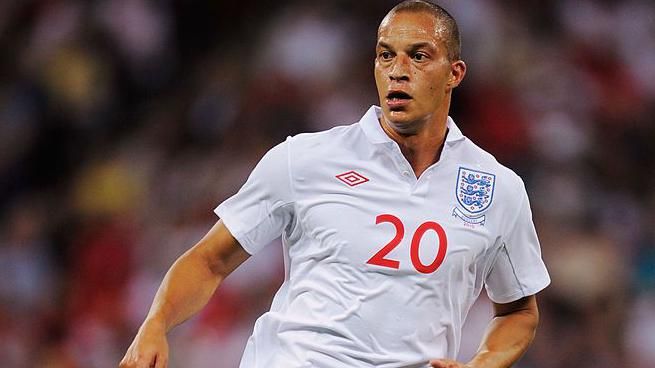
“He was in a bad way,” Zamora said. “I said to him ‘come and live with me for a bit in Brighton’.
“We were back to having adventures. We weren’t doing anything crazy, just young kids having stupid banter. We used to watch films, Anchorman or Friday, over and over again.
“We’d play computer games – Tiger Woods golf. We had this stupid cowboy hat and whoever was winning was allowed to wear the hat. We had lots of fun on nights out and plenty of giggles.”
Williams’ coaching career began in London, with a stint at Leyton Orient leading to a spell coaching young offenders at West Ham.
While Zamora was playing up front for the Hammers, Williams was driving minibuses full of construction workers to the site of the club’s future home, London’s Olympic Stadium.
Cue another spell living together.
“Luke would do the driving for long hours and then go and do coaching for the rest of the time,” Zamora recalled.
“He was my best pal and I was in a big old apartment in Canary Wharf on my own. I said ‘stop coming round, grab your three shirts and two pairs of trousers that you own and put them in the wardrobe’.”
Zamora recalls how Williams’ shirts would almost invariably be creased before a night out.
“I’d say ‘are you not going to iron that?’. Luke would say ‘mate, nobody can see in a nightclub anyway, who cares?’. He is really not bothered,” Zamora recalled with a smile.
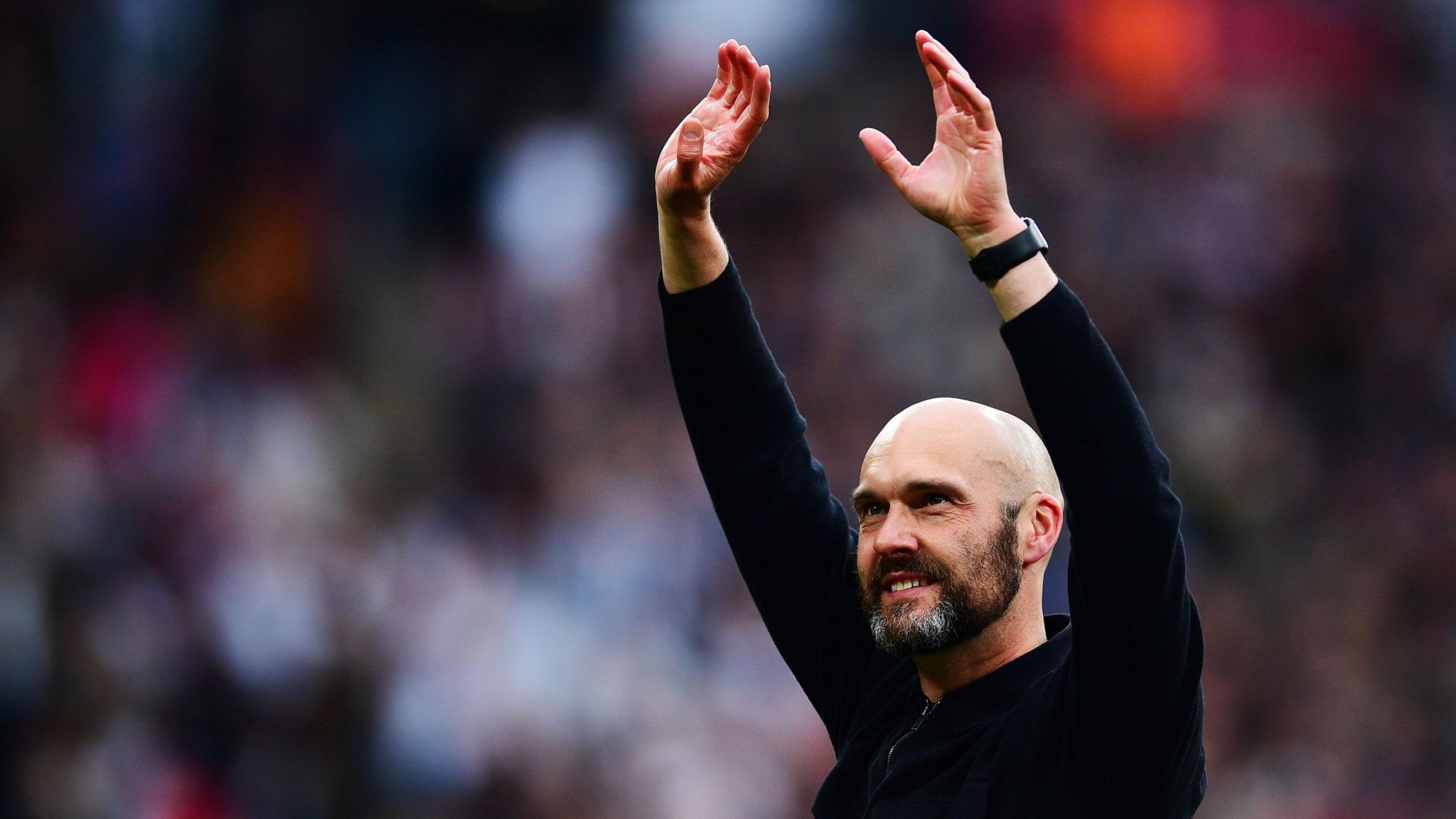
‘What are you talking about? I live here’
In the flat, Williams was known as “the human bin bag” thanks to his willingness to consume whatever was in the fridge, regardless of how long it had been there.
“I would buy, say, chicken breasts. They would sometimes get left and go past the use-by date,” Zamora said.
“I’d say ‘mate you can’t eat that’, but he would say ‘nah, it’s all right…’ He maintained the fridge.”
There was one memorable occasion when Williams almost did not make it as far as the flat’s front door, because “security were chasing him round the car park”.
“He got asked what he was doing because he was driving some old banger,” Zamora said through another grin.
“Luke was like ‘what are you talking about – I live here?’ and they were saying ‘I don’t think so mate’.
“I can’t remember what he was driving at the time but it wasn’t anything good, that’s for sure. But Luke doesn’t care about cars – he is not materialistic. He couldn’t care less about fame and fortune.”
Williams’ big break as a coach came when Gus Poyet took him to Brighton, before spells at Swindon Town, Bristol City, Swansea – as Russell Martin’s assistant – and Notts County preceded his appointment as the Swans’ head coach last January.
“He has gone the long way round,” Zamora said.
“It’s pretty much like I did as a player, playing in every division, appreciating where you have come from and knowing where you want to go. He is on that journey.
“So far, Luke’s progression has been fantastic – style of play, chances created, the entertainment factor he produces. He ticks so many boxes.
“Now he needs to do it at Swansea. I don’t believe he has the biggest budget in the league, but I think he will certainly finish higher than where the club’s budget suggests they should finish. That is success.”

